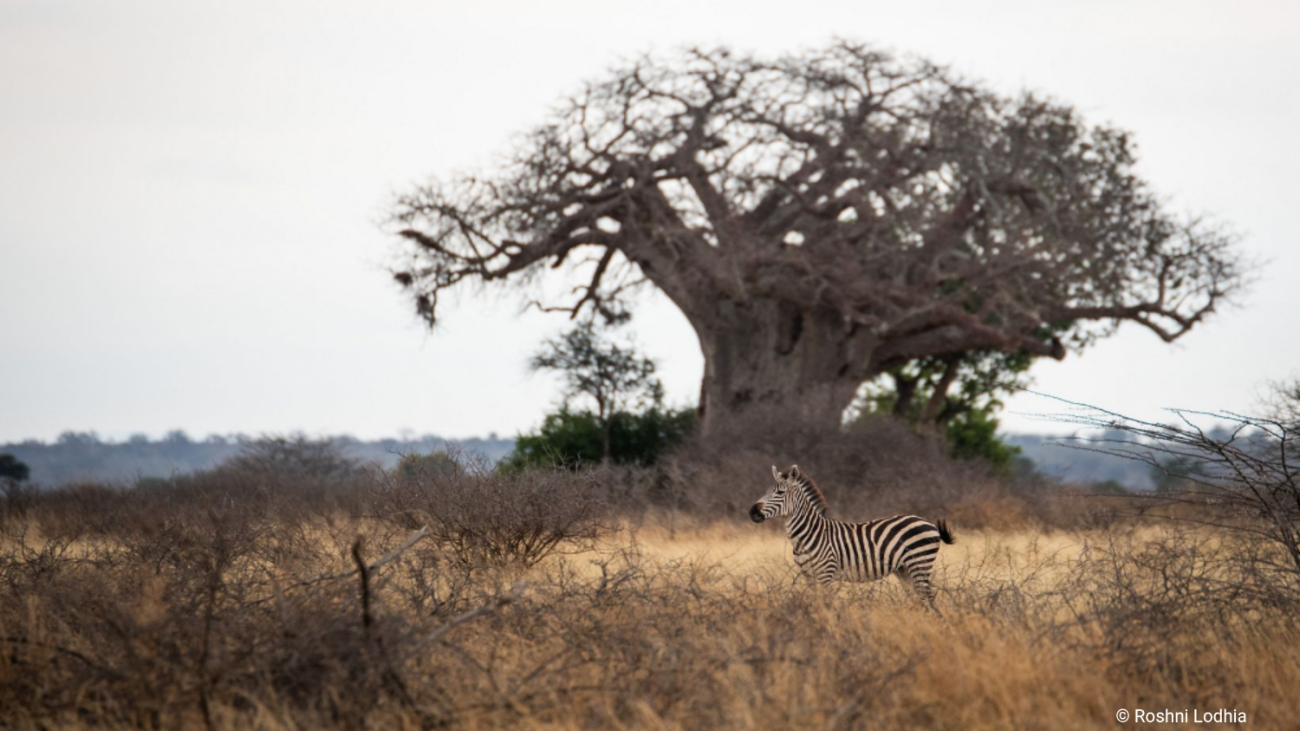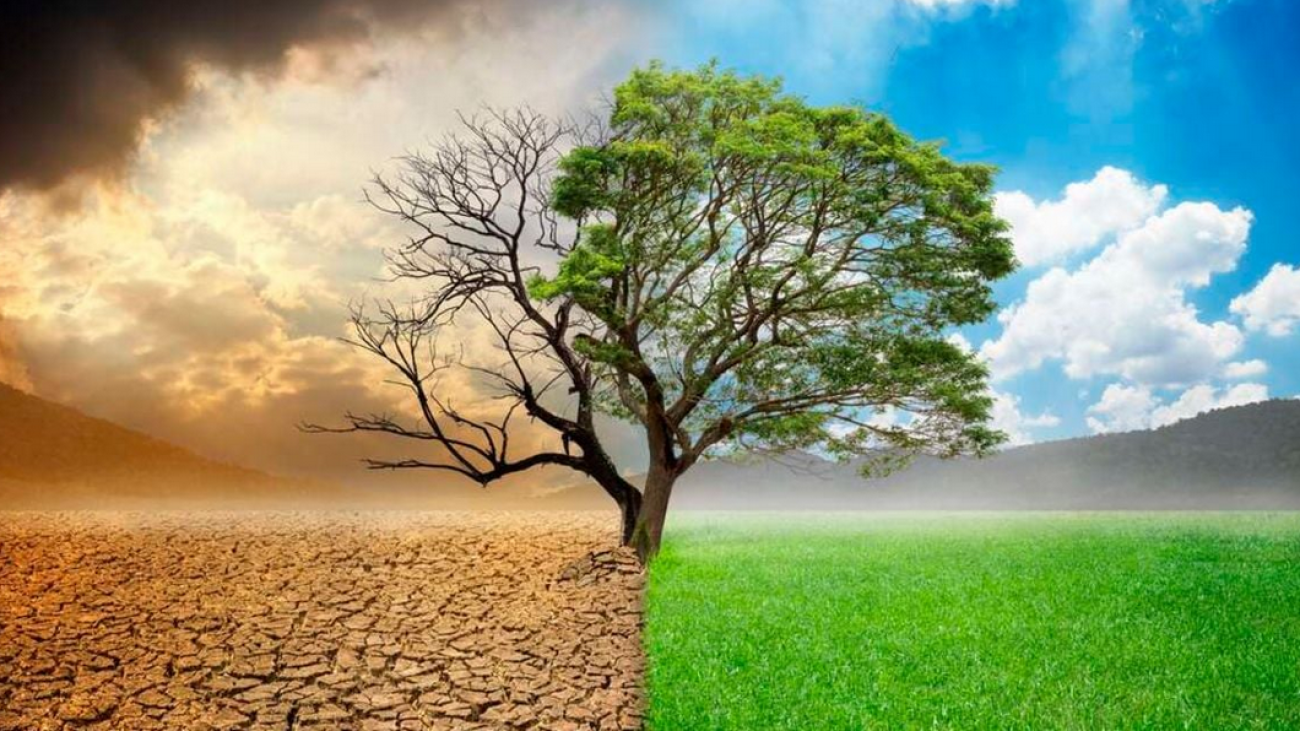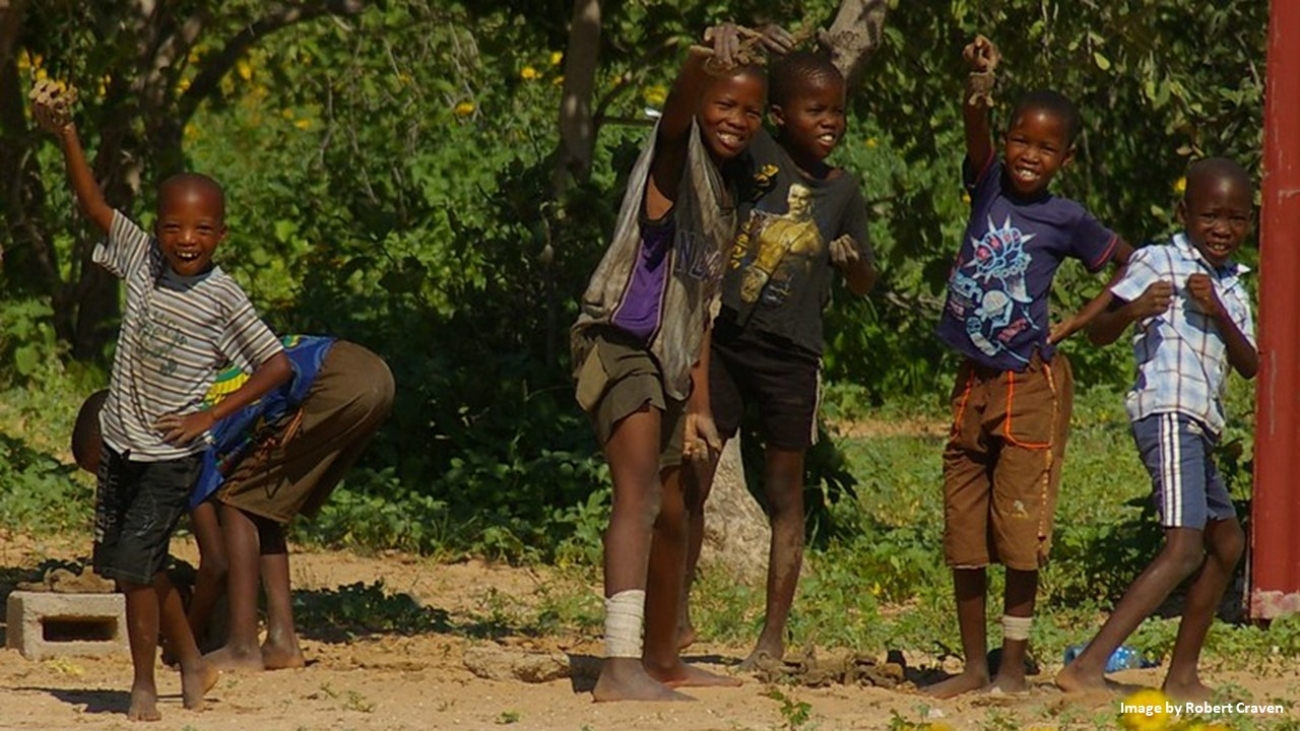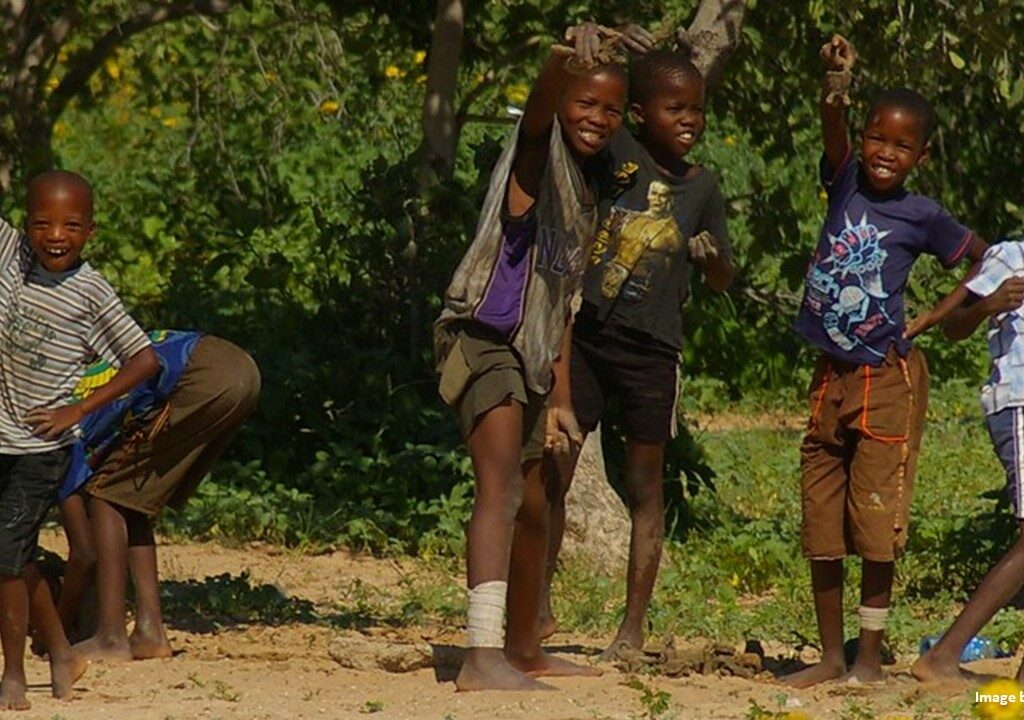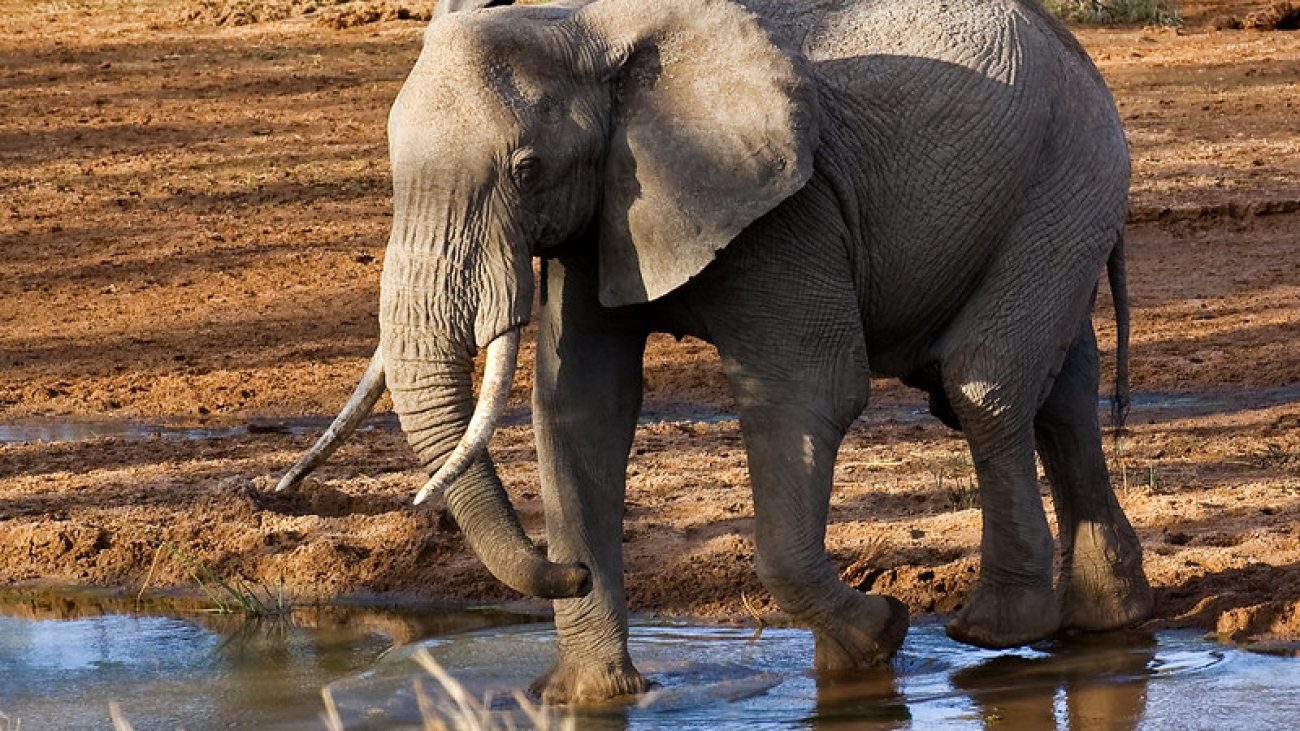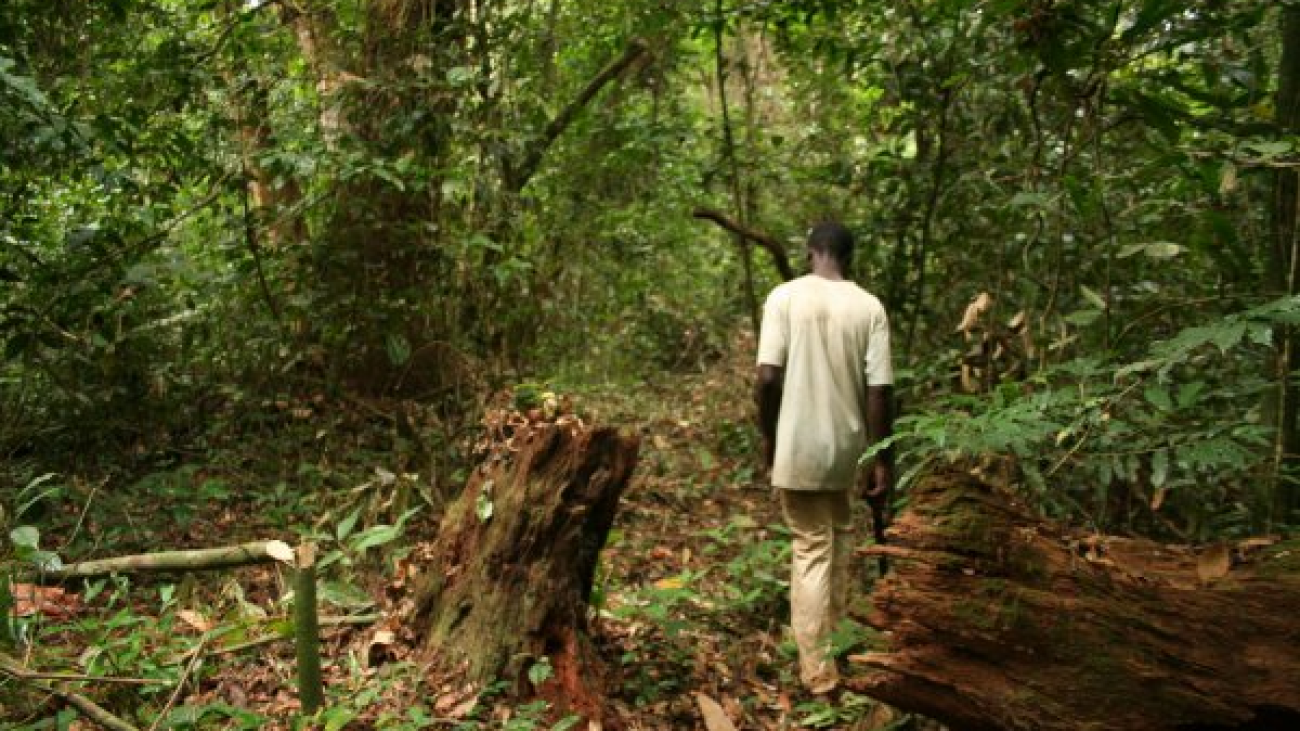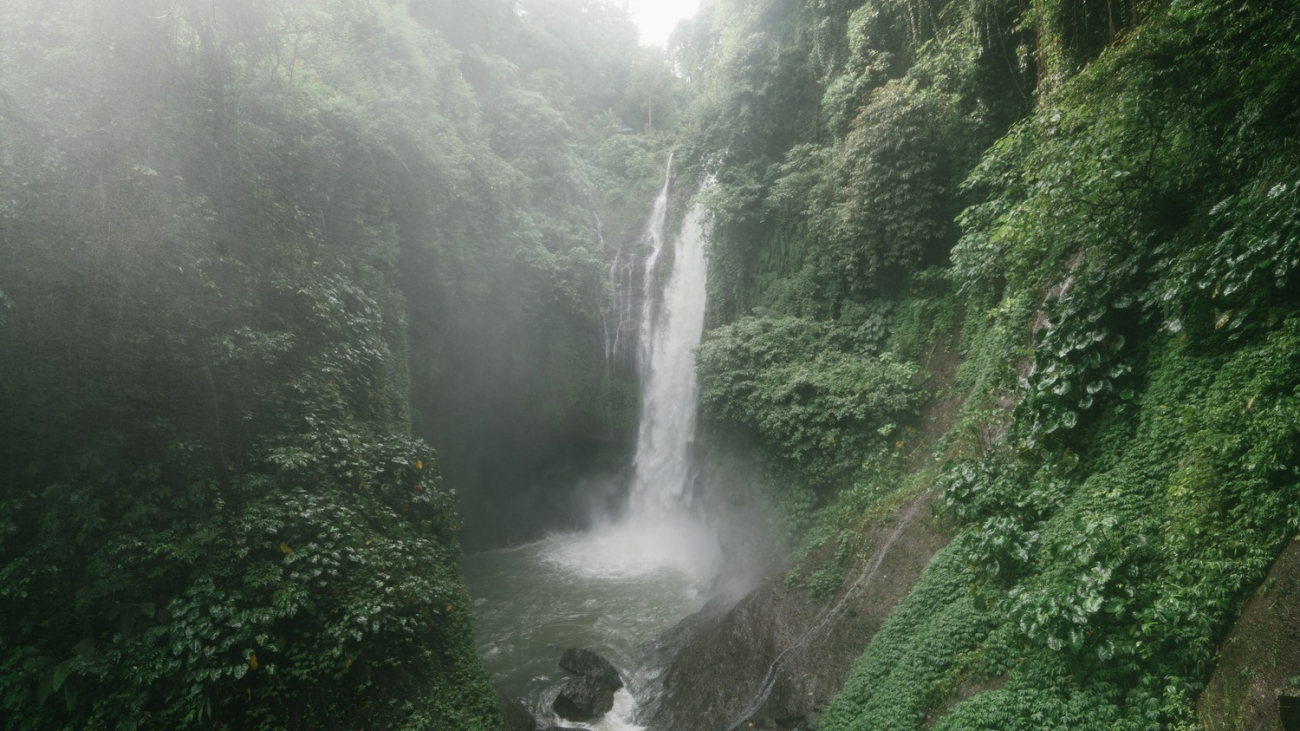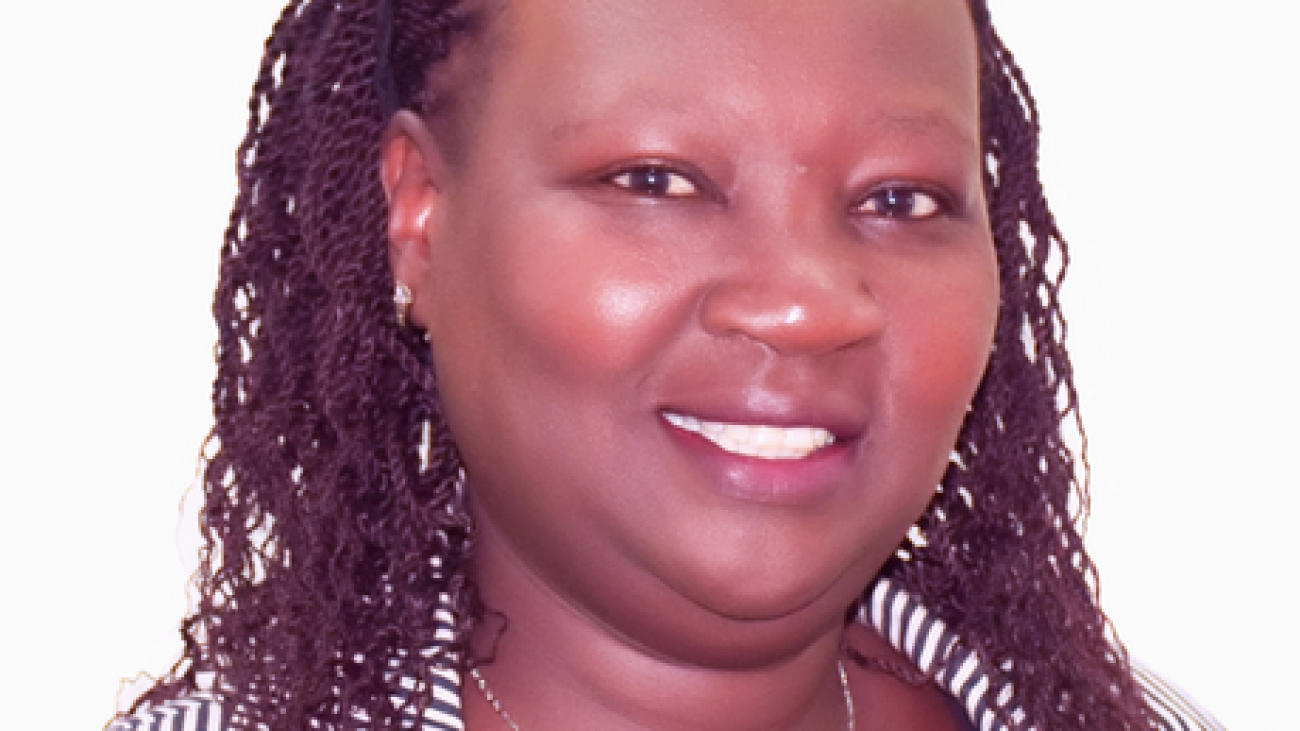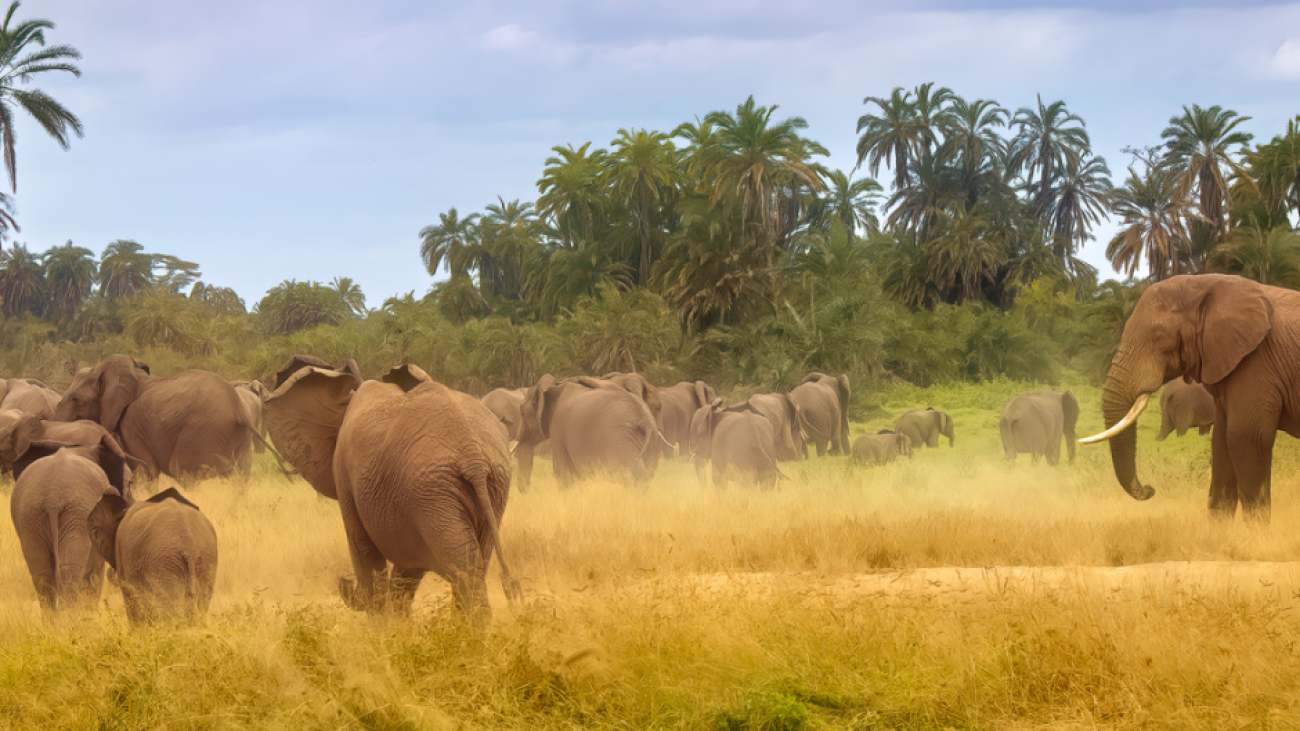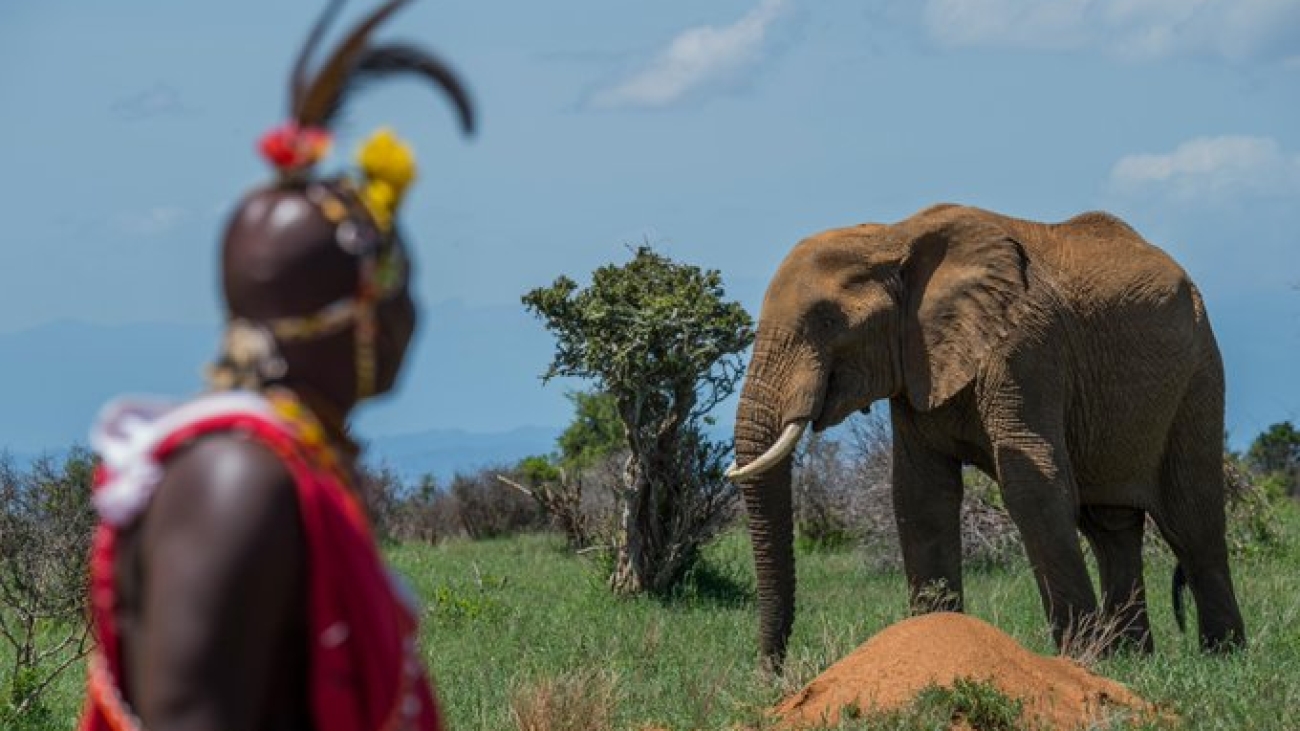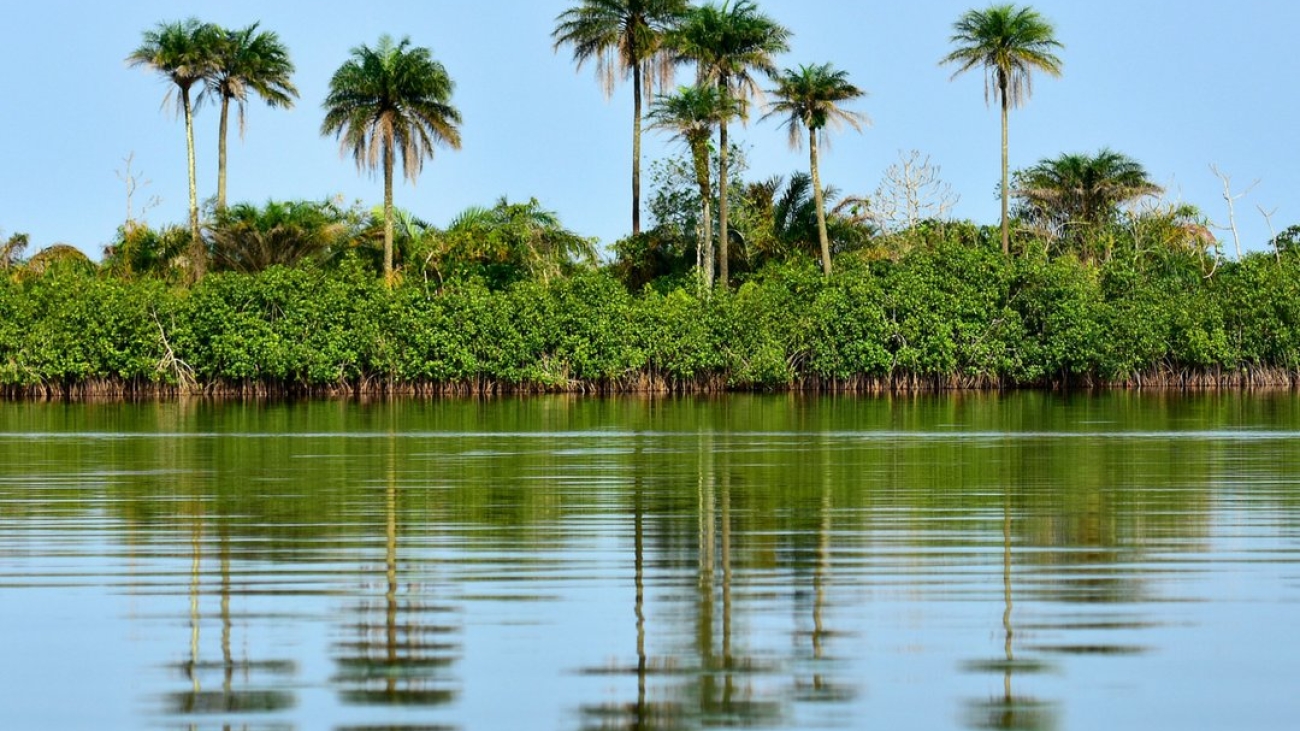The Africa Climate Summit represented a shift in Africa’s involvement in global climate action, where high-level attendance and participation demonstrated the continent’s active leadership.
The Urgent Need for Climate Change Adaptation and Biodiversity Conservation in Africa
Conservation and biodiversity are intricately linked to climate change. Rising temperatures, altered precipitation patterns and extreme events pose a significant threat to wildlife, ecosystems, and delicate habitats.
COP 26 Promises Verses Realities
World leaders and individuals across the world are gearing for the 27th Conference of the Parties of the UNFCCC to be held in Sharm el-Sheikh, Egypt from 6 – 18 November 2022. The meeting will see world leaders agree on measures to tackle climate change to mitigate the harsh consequences that we have been experiencing as result of rising temperatures.
Findings From the Assessment of Forest Cover Change in Community Forests in Five African Countries
A study by ABCG on community forestry, has found that many communities face governance challenges and need help managing the forest in sustainable ways. This study focuses on how community forestry contributes to improved forest management in Africa using a case study approach in five countries in Africa:
ABCG Welcomes Mary Kuria as the new Partnership Development Specialist
Mary Kuria has recently been appointed as the ABCG Partnership Development Specialist. Mary has over 25 years experience in international development programmes and has, over the last 15 years, specialized in fundraising and grants management. A Kenyan, Mary has extensive experience in setting up and implementing fundraising systems and supporting the diversification of organizations’ funding bases.
Time For Africa Conservation Leaders to Have the Much-Needed Dialogue on The Future of its Protected Areas
To address land-use planning challenges in Africa, ABCG has developed a scenario-based planning framework that enable spatially explicit, quantified exploration of tradeoffs or synergies between land use sectors to inform stakeholder-driven plans emphasizing sustainable strategies and policy outcomes.
Strategies for Managing Africa’s Protected Areas: ABCG at APAC
The Africa Biodiversity Collaborative Group (ABCG), acknowledges that well managed protected areas embracing participatory and equitable governance appliances yield significant benefits far beyond their precincts.
World Environment Day 2022
World Environment Day was celebrated across the globe on June 5, 2022. Celebrated this year for the 49th time, this special day raises awareness on the responsibility we have in protecting our environment and the importance of conserving the planet for the sake of the current and future generation.
The event comes days after the Stockholm+50 event held on 2nd and 3rd June, under theme “a healthy planet for the prosperity of all – our responsibility, our opportunity.”
“The two-day meeting commemorated the 50th anniversary of the United Nations Conference on the Human Environment in Stockholm, the first world conference that placed environment issues at the forefront of international concerns (UNEP)
Therefore this year theme #OnlyOneEarth, seeks to remind us of our role as nations and citizens of the earth, to protect and conserve our environment and to encourage sustainable living everywhere and every day. The day, also, reminds key decision makers of their obligation that awaits them in making decisions that protect rather than destroy our environment. As well as, calls for shared, transformative action to protect and restore our planet earth.
The three global crisis of climate change, nature loss and pollution, is a constant reminder that the need for action is now more important than ever and needs to happen at all levels. That humanity must take action to conserve and restore the environment, and shift from activities that harm the planet and undertake those that heal the planet.

